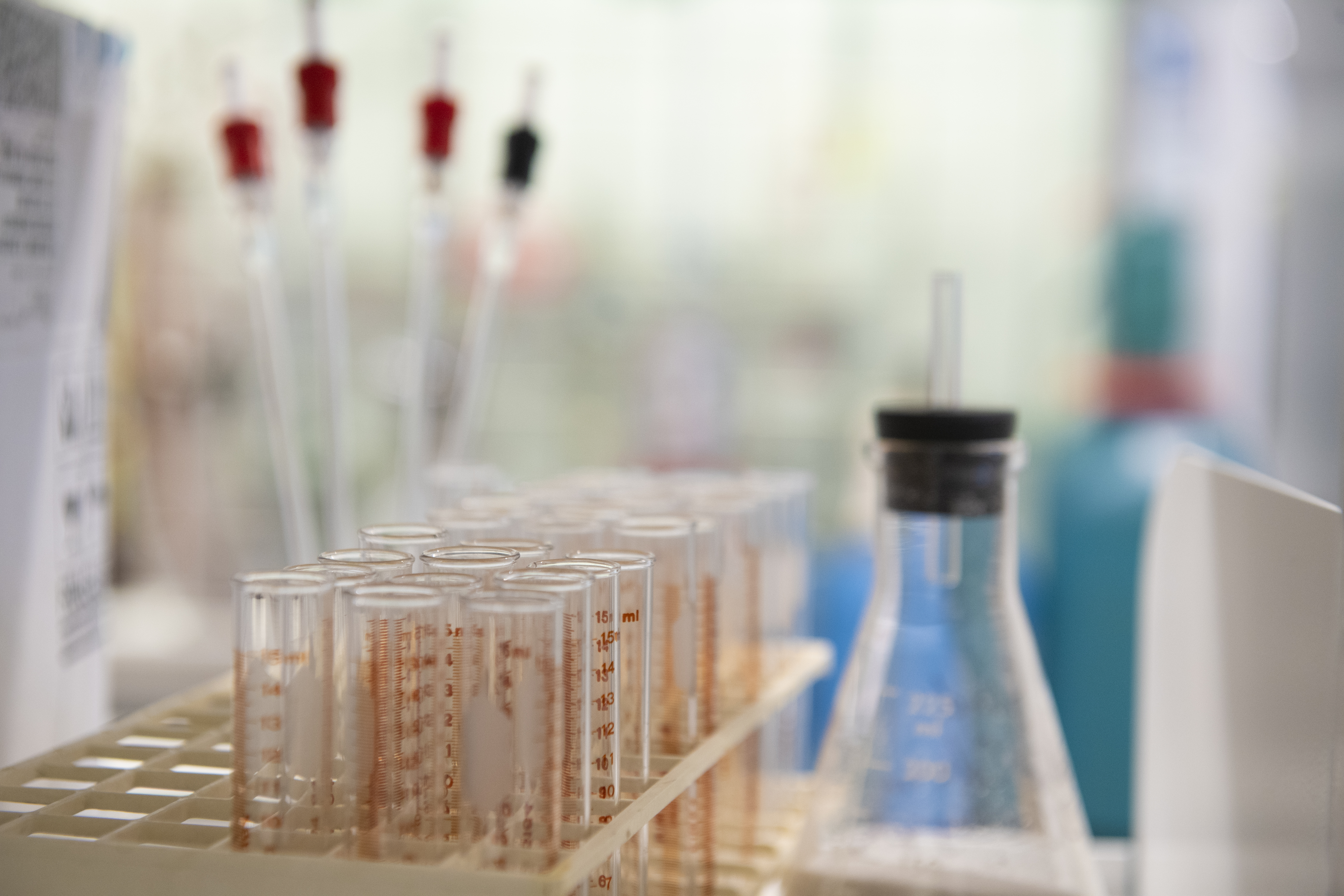Our Students + Technical Standards
The biomedical Ph.D. and M.S. degree programs at the School of Graduate Studies require a laboratory-based research dissertation. Granting of these degrees implies that the recipient has demonstrated a base of knowledge in the field and the ability to independently apply that knowledge to solve a particular problem by forming hypotheses, designing and conducting experiments, interpreting the experimental results, and communicating the results and their interpretation to the scientific community with or without accommodations.
Thus, a candidate for the M.S. or Ph.D. degree in biomedical sciences must possess abilities and skills that allow for observation, intellectual and conceptual reasoning, motor coordination, and communication with or without accommodations. The use of a trained intermediary is not acceptable in many situations in that a candidate's judgment will be based on someone else's power of selection and observation.
The University provides reasonable accommodations to students on a nondiscriminatory basis consistent with legal requirements as outlined in the Americans with Disabilities Act (ADA) of 1990, the Americans with Disabilities Act Amendments ACT (ADAAA) of 2008, and the Rehabilitation Act of 1973. A reasonable accommodation is a modification or adjustment to an instructional activity, facility, program or service that enables a qualified student with a disability to have an equal opportunity to participate in all Rutgers University student activities. To be eligible for accommodations, a student must have a documented disability as defined by the ADA and Section 504 of the Rehabilitation Act of 1973. The ADA, the ADAAA and Section 504 all define disability as (a) a physical or mental impairment that substantially limits one or more major life activities of such individual; (b) a record of such impairment; or (c) being regarded as having such a condition.
These technical standards are not intended to deter any candidate for whom reasonable accommodation would allow the fulfillment of the complete curriculum. The School of Graduate Studies will provide reasonable accommodations, according to university policies and procedures, to otherwise qualified applicants and matriculated candidates with disabilities unless: (a) such accommodations impose undue hardship to the institution; (b) direct threats of substantial harm to the health and safety of others due to the disability cannot be eliminated by any reasonable accommodations available; or (c) such accommodations fundamentally alter the educational program or academic standards. If you have any questions concerning reasonable accommodations please contact the RBHS Office of Disability Services (ODS) at 973-972-5396 or odsrbhs@rbhs.rutgers.edu. You will also find information about ODS at https://oasa.rbhs.rutgers.edu/office-of-disability-services
